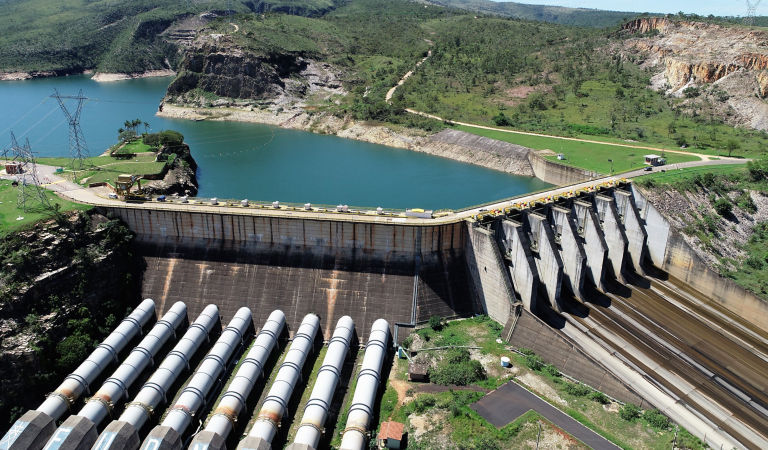Q: What are some of the bigger impact themes in emerging markets today?
Sam: There are several. The need for investment in the energy transition is significant. In Latin America, for example, financing for clean, renewable energy must double by 2030 and quintuple by 2050 if countries are going to meet decarbonization goals, including achieving net zero. Not surprisingly, the green transition has become a top priority for policymakers, which is creating underappreciated investment opportunities and inefficiencies with mispriced risk.
We have identified companies playing a key role in the energy overhaul. Chile, for example, has set a target to reduce carbon emissions by 82% by the end of the decade and become fully net zero by 2050. The government has been supporting those goals with clear policies. Chilean utilities are now required to supply electricity from renewable sources, and state-owned mining companies — by far the largest utility customers — must source power from renewables as well. So, Chile is shifting the upstream, midstream, and downstream of its energy sector to clean power, which is creating investment opportunities.
Clean water is another investable impact theme. In Brazil, 85% of people have access to clean water and the government aims to get that to 100%. Providing clean wastewater services is an even bigger challenge for Brazil, and they are working on that, too. We identified a company in a key position to help solve these problems. This enterprise has gone from providing two million people with clean water a decade ago, when we first starting investing in it, to covering 30 million customers today. Government contracts underpin its cash flows, so we have a clear line of sight into both the quantum and resilience of those flows. It is another example of the regulatory environment providing a springboard for certain companies.
Suman: I would also add connectivity. Across sub-Saharan Africa, where mobile connectivity penetration is still very low, we have identified several telecommunications companies that are really helping narrow the digital divide. The networks, towers, and consumer products they provide are allowing millions of people to access financial services, education, health care, and other essentials needed for economic stability and progress. Here again, the addressable markets are very, very large.





















